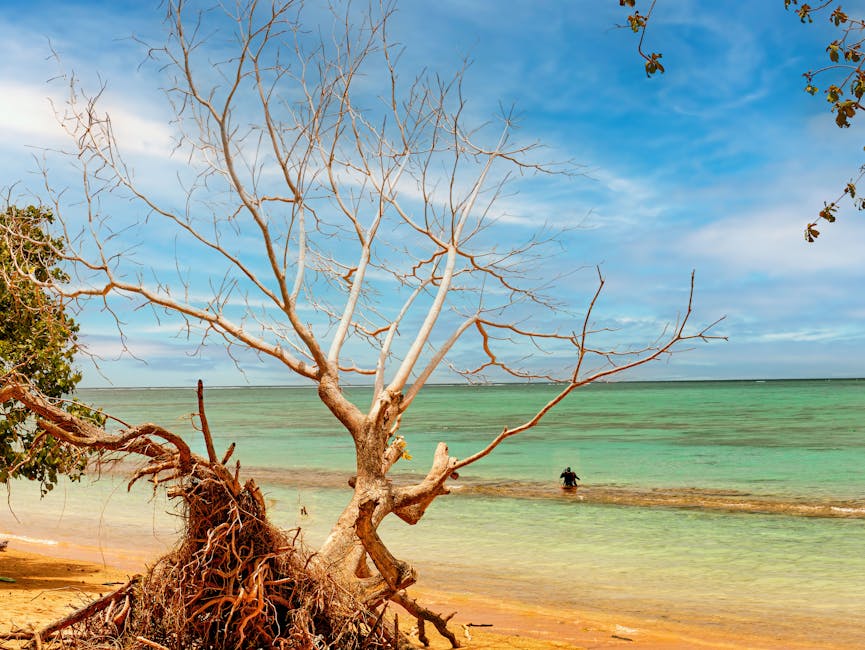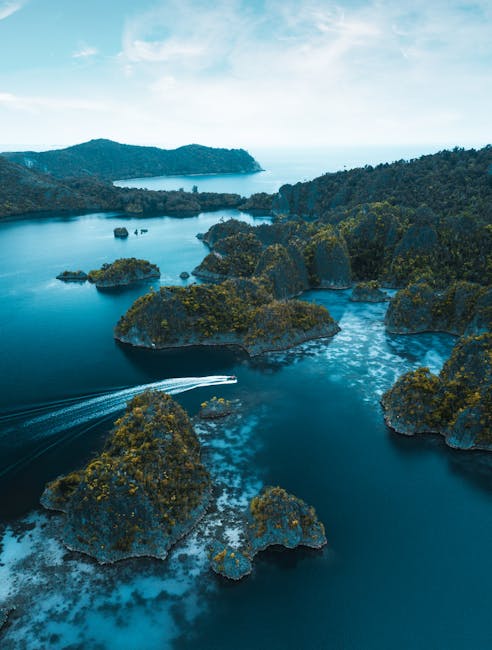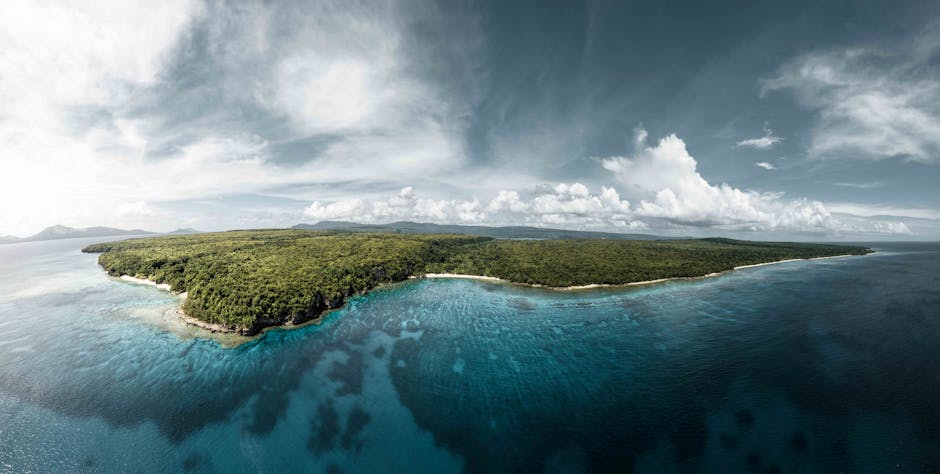Tonga
Overview
Tonga: The Friendly Islands
Tonga, also known as the "Friendly Islands," is a Polynesian sovereign state and archipelago located in the South Pacific Ocean. This country is steeped in rich cultural heritage, with its captivating history dating back to 3000 BC. Tonga is unique due to its status as the only monarchy in the Pacific. The locals are known for their warm hospitality, traditional Polynesian lifestyle, and vibrant cultural practices which include engaging music, art, and dance. The country is also home to beautiful landscapes featuring pristine beaches, tropical rainforests, and active volcanoes.
Tourism Season and Activities
The high season for tourism in Tonga is from May to October, during which the weather is dry, warm, and perfect for outdoor activities. This period is also the best time to witness the awe-inspiring migration of humpback whales, one of the premier attractions of the country. Other popular activities include snorkeling, diving, surfing, and beach combing on some of the world's most beautiful and uncrowded beaches. The Ha'apai Islands offer amazing coral reefs and shipwrecks for divers to explore. Additionally, the Vava'u Islands are famous for their yacht-filled harbor and sea kayaking opportunities.
Travel Tips
Before visiting Tonga, travelers are advised to prepare adequately. This includes obtaining a tourist visa if required, though citizens from many countries including the U.S., EU, Australia, and New Zealand can enter visa-free for up to 90 days. It's also recommended to get routine vaccines before the trip. English is widely spoken in Tonga, but learning a few local phrases can enhance your experience. The local currency is the Tongan Pa'anga (TOP), and while credit cards are accepted in most places, it's good to have some cash on hand for smaller vendors. Lastly, pack lightweight, casual clothing, but remember to dress modestly as Tonga is a conservative Christian nation.
A Glimpse into the Past
Tonga, an archipelago in the South Pacific, is often referred to as the "Friendly Islands" due to its warm hospitality and welcoming culture. Comprising over 170 islands, only about 36 are inhabited, making it a serene and captivating destination for travelers. The rich history of Tonga is woven into its landscapes, traditions, and the enduring spirit of its people, offering a unique glimpse into a vibrant Polynesian heritage.
Early Settlement and Polynesian Culture
The history of Tonga dates back over 3,000 years when the first settlers, believed to be Polynesians, arrived by canoe from Southeast Asia. They brought with them agricultural practices, fishing techniques, and a profound understanding of navigation that would later influence the settlement of other Pacific islands. By around 900 AD, Tonga had established itself as a significant cultural and political center in the region, giving rise to a complex society governed by a system of chiefs known as "nobles" or "tu’i."
The Tongan people developed a unique culture characterized by their oral traditions, arts, and crafts. They are known for their intricate wood carvings, tapa cloth, and the creation of ceremonial items, all of which continue to play a vital role in Tongan life today. Music and dance, particularly the traditional "hiva," remain essential aspects of Tongan culture, often performed during celebrations and significant events.
The Tongan Empire
During the 13th and 14th centuries, Tonga became the heart of the Tongan Empire, which extended its influence over Fiji and Samoa. The Tu’i Tonga dynasty, which ruled for centuries, was instrumental in consolidating power and fostering trade relationships across the Pacific. The empire's legacy can be seen in the monumental stone structures known as "hau," which served as platforms for royal ceremonies and symbolized the power of the Tu’i Tonga.
One of the most notable sites is the ancient royal tombs on the island of Haaranga, a testament to the sophisticated socio-political structure and religious practices that dominated Tongan society. The ruins and artifacts found here provide insight into the lives of the early Tongans and their connection to the spiritual world.
European Contact and Colonization
The arrival of European explorers in the 17th century marked a significant turning point in Tongan history. Dutch navigator Abel Tasman was one of the first Europeans to sight Tonga in 1643, followed by Captain James Cook in the late 18th century. These encounters brought new goods, ideas, and, unfortunately, diseases that significantly impacted the local population.
Despite the initial contact, Tonga maintained its sovereignty and cultural integrity throughout the colonial period. In the 19th century, Christian missionaries arrived, leading to the widespread adoption of Christianity among the Tongan people. The establishment of the church altered many aspects of Tongan society, including governance, education, and social norms. The most prominent church is the Free Wesleyan Church, which has played a vital role in shaping modern Tongan identity.
Modern Tonga and Political Development
In the late 19th century, the Tongan monarchy faced increasing pressure from both colonial powers and local factions. King George Tupou I, who unified the islands under a constitutional monarchy, was instrumental in navigating these challenges. In 1875, he enacted a constitution that established Tonga as a kingdom with a parliamentary system, a remarkable achievement for a Pacific island nation.
Tonga remained a protectorate of Great Britain until 1970, when it regained full independence. This transition was marked by the Tongan people's desire to maintain their cultural identity while navigating the complexities of modern governance. Today, Tonga is a constitutional monarchy with a unique blend of traditional customs and contemporary political practices, making it an intriguing case study for travelers interested in the evolution of Pacific societies.
Natural Beauty and Attractions
Traveling to Tonga offers visitors a chance to experience its stunning natural beauty. The islands are characterized by lush greenery, crystal-clear waters, and vibrant coral reefs, making it a paradise for nature lovers and adventure seekers. The largest island, Tongatapu, is home to the capital city, Nuku'alofa, where travelers can explore local markets, historical sites, and the Royal Palace.
A must-visit destination is Ha'apai, known for its idyllic beaches and laid-back atmosphere. The archipelago is perfect for snorkeling, diving, and whale watching, especially during the migration season when humpback whales visit the warm waters to breed and give birth.
For those seeking a more remote experience, the Vava'u group of islands offers stunning landscapes and excellent sailing opportunities. With its secluded coves and pristine beaches, Vava'u is ideal for travelers looking to unwind and connect with nature.
Cultural Experiences and Festivals
Engaging with Tongan culture is a highlight for many travelers. It is essential to respect local customs and participate in traditional practices to gain a deeper understanding of Tongan life. Visitors can attend a "kava" ceremony, where the ceremonial drink made from kava root is shared among participants as a symbol of friendship and respect.
Tonga also hosts various festivals that celebrate its rich cultural heritage. The Tonga Annual Festival showcases traditional dance, music, and crafts, providing an opportunity for tourists to immerse themselves in Tongan culture. The "Heilala Festival," held in July, is another significant event that features parades, cultural performances, and the crowning of a festival queen.
Conclusion
Tonga's history is a tapestry of resilience, cultural richness, and natural beauty. From its early Polynesian settlers to its modern-day status as a constitutional monarchy, Tonga offers travelers a unique glimpse into a world shaped by tradition and change. The islands' stunning landscapes, vibrant culture, and warm hospitality make it a must-visit destination in the South Pacific, inviting visitors to explore, learn, and connect with its people and history.
Top cities for tourists in Tonga
Discover the Famous Cities That Might Captivate Your Interests
Must-Try Foods You Can't Afford to Miss
Indulge in a Variety of Fantastic Foods During Your Stay in Tonga
May Be Your Next Destinations
People often choose these countries as their next destination
















